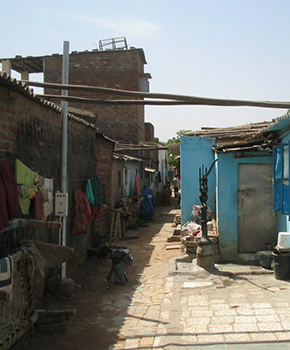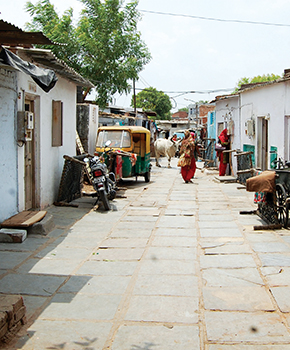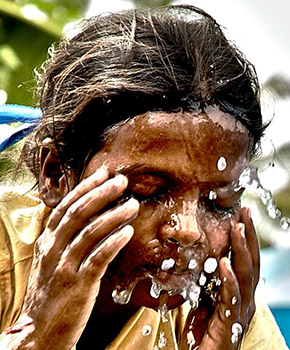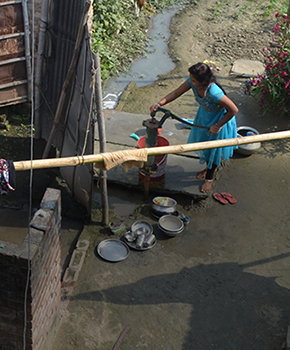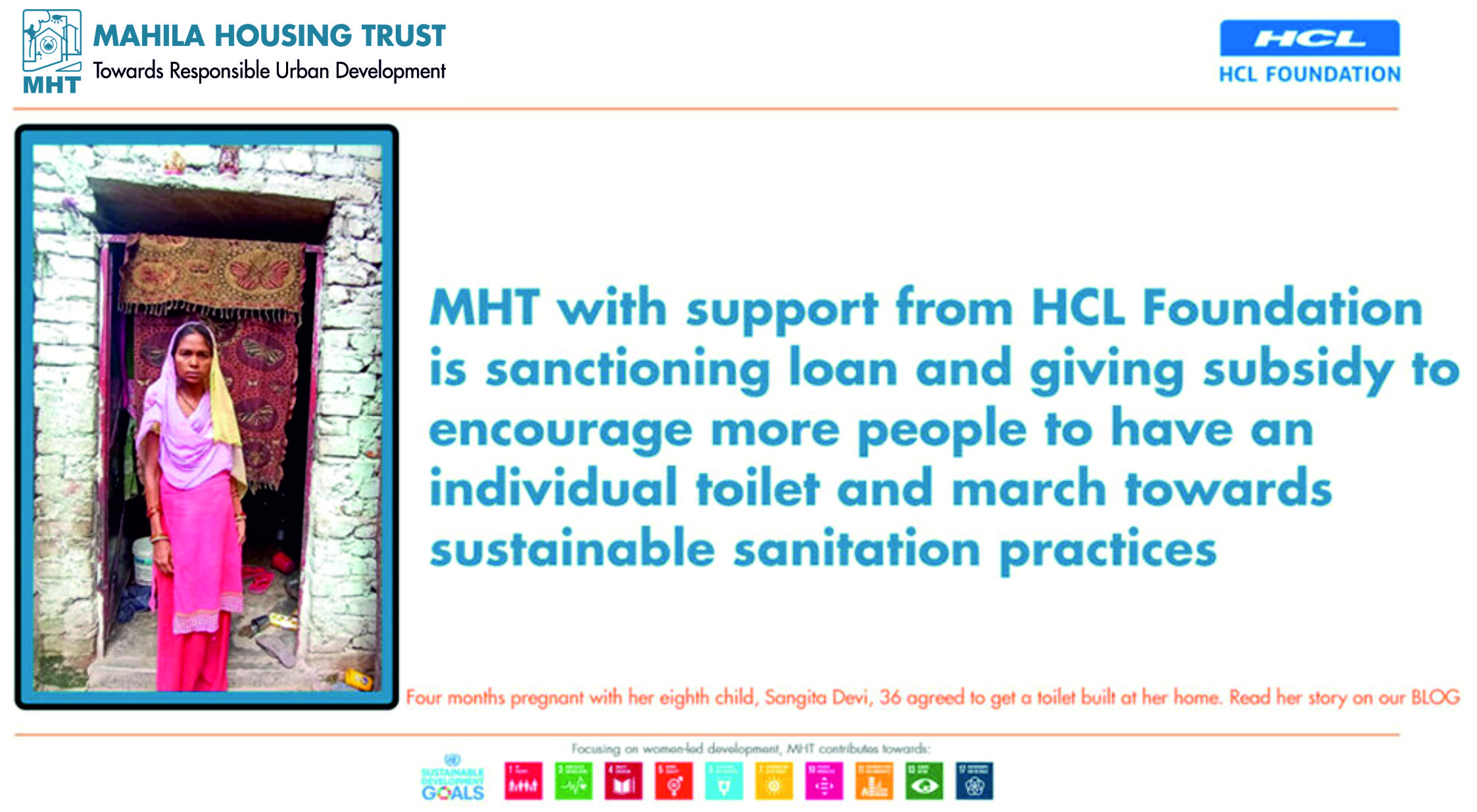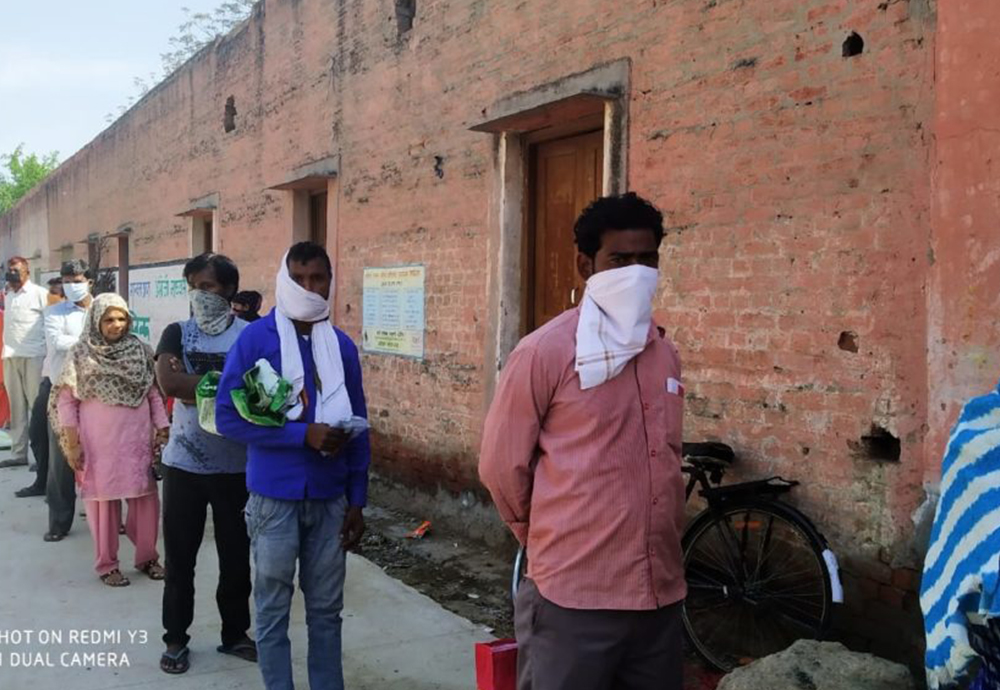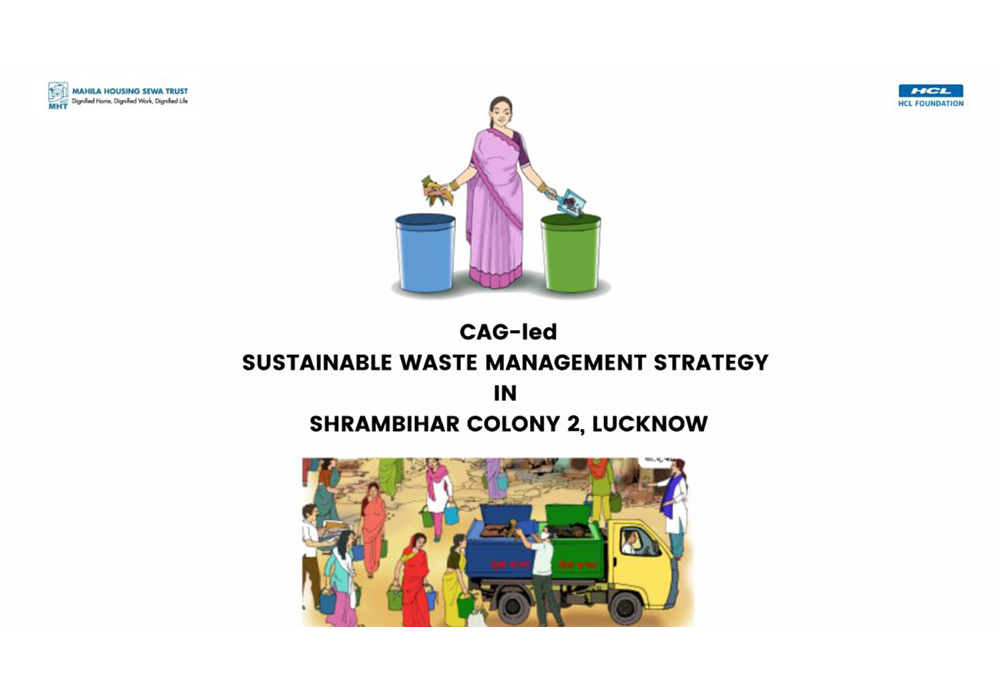Equitable Access to Water, Sanitation and Hygiene
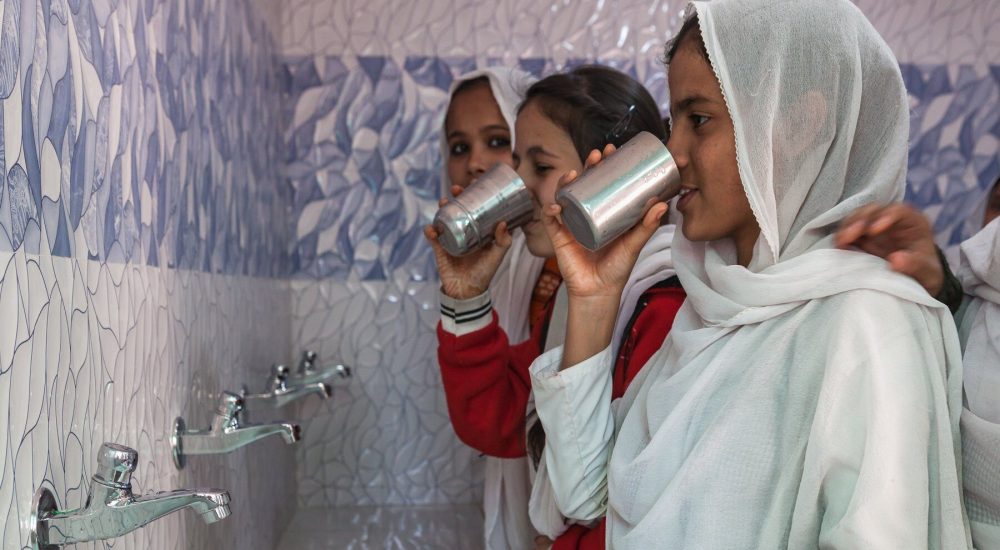
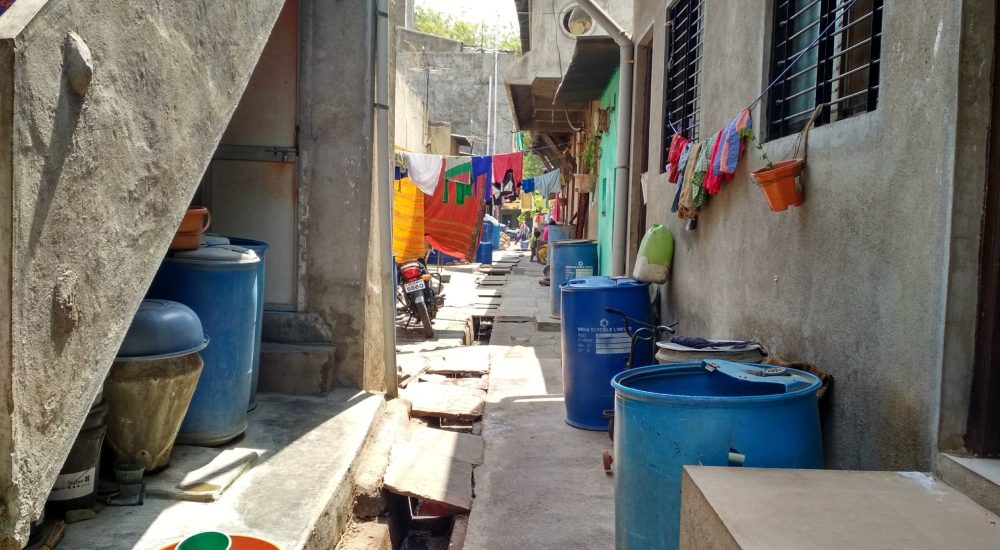
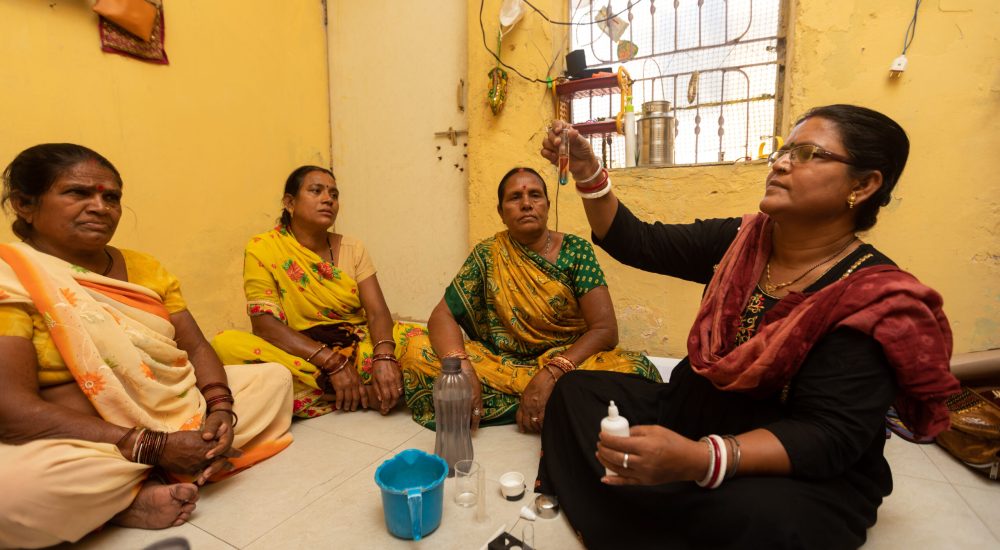
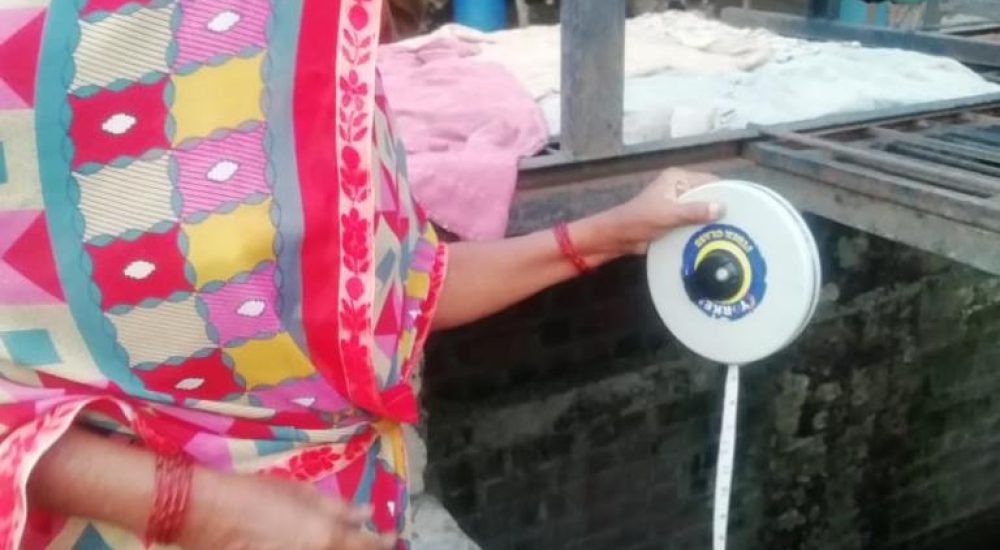
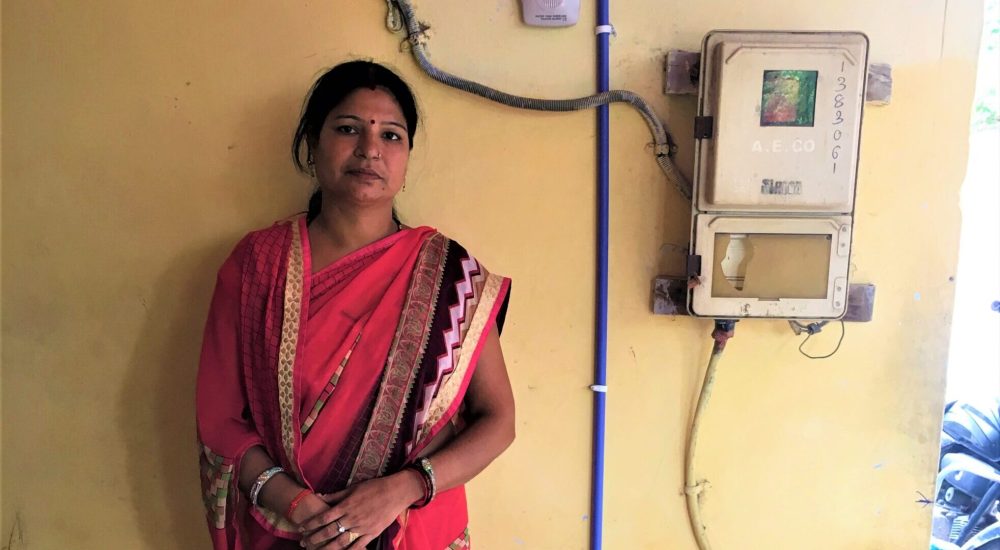
Lack of improved (WaSH) water, sanitation, and hygiene in poor settlements directly impacts the health, safety, and well-being of community residents. Women and girls are more exposed to the burden of inadequate sanitation while still experiencing a general disempowerment that prevents them from taking a central role in sanitation decision-making. We believe providing WASH services sustainably requires an integrated approach that addresses interconnected issues of physical infrastructure, behavior, natural resource management, and community capacity.
Supporting functional toilets and connections to city level water and sewage networks
We play a crucial role in linking low-income communities to government programs and private sources of funding to support the construction of functional toilets in homes and schools. We work with communities and local governments to resolve land tenure and financial obstacles that hinder legal access to municipal water supply and wastewater services.
Encouraging communities to adopt responsible sanitation behaviour
We raise awareness regarding the effects of a lack of sanitation on health, life, productivity, and safety through intense one-on-one engagements and mass media formats. We train women and young girls to become ambassadors of appropriate hygiene and sanitation practices.
Promoting participatory natural resource management
With pre-existing relationships with traditional water sources and natural systems diminishing, depleting water levels and deteriorating water quality have emerged as major concerns. We empower communities to conduct hydrological assessments and revive and manage traditional water sources.
Advancing sustainable water and sanitation systems for small cities
Typically, urbanization discourse focuses on large and metro cities. But a third of the fastest-growing cities in India are small towns, which pose unique challenges with regards to governance and access to technical and financial resources. We support constructive partnerships between local governments, technical experts, and civil society groups to devise locally relevant solutions that are cost effective and scalable. MHT also brings public and private funds to small towns to finance these improvements.

